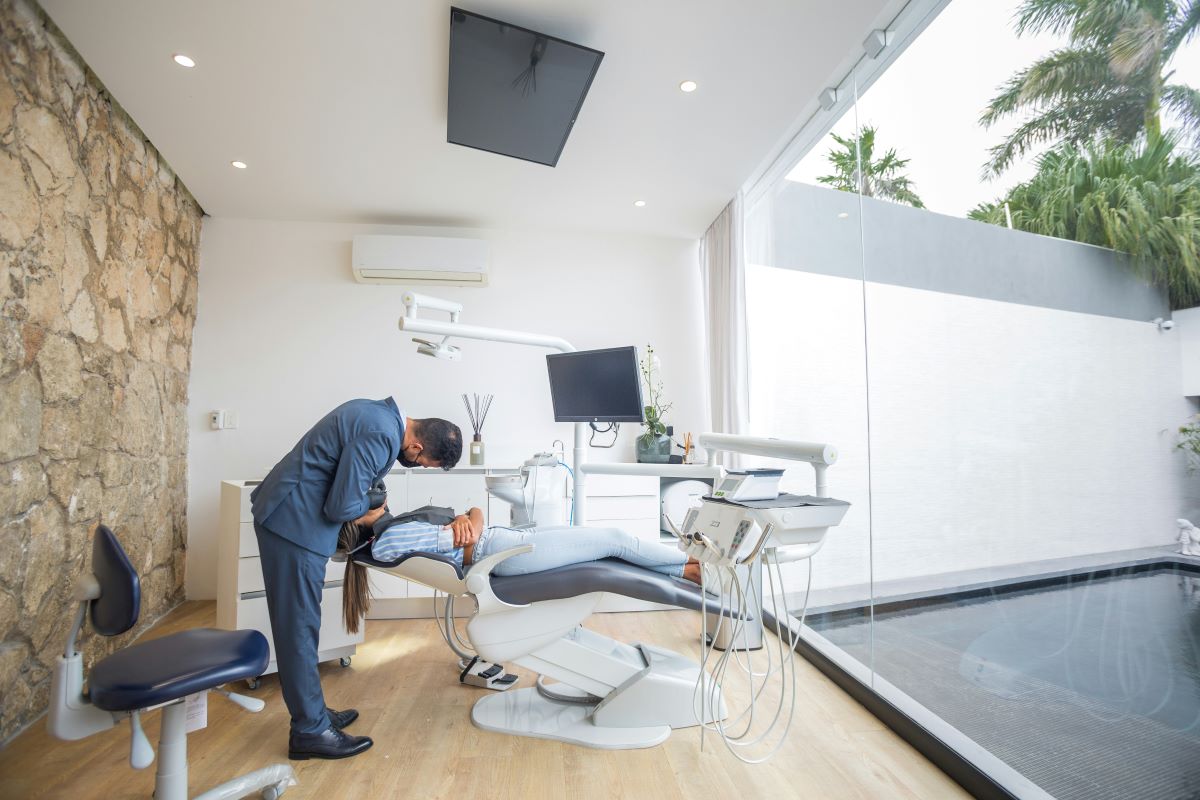Dental Assistant
Dental assistants work alongside dentists in various clinical and administrative tasks. They provide chair-side assistance during procedures, sterilize instruments, take patient X-rays, and educate patients on proper oral hygiene practices. Additionally, they manage patient records, schedule appointments, and handle billing and insurance claims. Dental assistants typically work in dental offices, clinics, or specialty practices.
Medical Assistant
Medical assistants, on the other hand, work in various healthcare settings, including hospitals, clinics, and physician's offices. They perform clinical tasks such as taking vital signs, preparing patients for examinations, and assisting healthcare providers during procedures. Moreover, medical assistants also handle administrative duties like updating patient records, scheduling appointments, and managing billing and coding procedures.
Training and Education
Dental Assistant Training
Becoming a dental assistant usually requires completing a dental assisting program, which can vary in length from several months to a year. These programs are often available at community colleges, vocational schools, or dental assisting schools. Additionally, some states may require dental assistants to obtain certification or licensure, which typically involves passing an exam.
Medical Assistant Training
To become a medical assistant, you can pursue a certificate or diploma program, which typically takes around one year to complete. Alternatively, you may opt for an associate degree program, which usually takes two years to finish. Medical assisting programs cover both clinical and administrative aspects of the role. While certification is not always mandatory, many employers prefer to hire certified medical assistants, which can be obtained through organizations like the American Association of Medical Assistants (AAMA) or the American Medical Technologists (AMT).
Key Differences
Scope of Practice
One of the primary differences between dental assistants and medical assistants lies in their scope of practice. Dental assistants primarily focus on oral health and dental procedures, while medical assistants have a broader scope, assisting healthcare providers in various medical specialties.
Work Environment
Dental assistants typically work in dental offices or clinics, while medical assistants have more flexibility in terms of work settings. They can find employment in hospitals, outpatient facilities, specialty clinics, and primary care practices.
Patient Population
The patient population also differs between dental and medical assistants. Dental assistants primarily interact with patients seeking dental care, while medical assistants assist healthcare providers in treating patients with diverse medical needs, ranging from routine check-ups to specialized treatments.
Choosing the Right Path
When deciding between a career as a dental assistant or a medical assistant, consider the following factors:
- Interest: Determine which aspects of healthcare appeal to you the most. If you have a passion for oral health and enjoy working closely with dentists, a career as a dental assistant might be the right choice. On the other hand, if you prefer a broader scope of practice and enjoy working in various medical settings, becoming a medical assistant could be a better fit.
- Skills:Assess your skills and strengths to see how they align with the responsibilities of each role. Dental assistants need strong interpersonal skills, attention to detail, and the ability to work efficiently in a fast-paced environment. Medical assistants should possess excellent communication skills, adaptability, and the ability to multitask effectively.
- Career Goals: Consider your long-term career goals and how each path can help you achieve them. Both dental assisting and medical assisting offer opportunities for career advancement, further education, and specialization.
- Job Outlook and Salary:Research the job outlook and salary prospects for both professions in your area. While job growth for both dental assistants and medical assistants is expected to be favorable, factors such as location, experience, and certification can impact salary potential.
Get Started in Dental Assistance
In conclusion, both dental assisting and medical assisting are rewarding career paths in the healthcare industry. By understanding the differences between these roles and assessing your interests, skills, and goals, you can make an informed decision about which path is right for you. Whether you choose to become a dental assistant or a medical assistant, pursuing proper education and certification is essential to embark on a successful career in healthcare.
If you're interested in fast-tracking your education and entering the field of medical assistance, consider exploring healthcare bootcamps offered by Best Bootcamps. Their immersive programs provide accelerated training in critical healthcare fields, equipping you with the skills and knowledge needed to thrive in today's healthcare industry.




